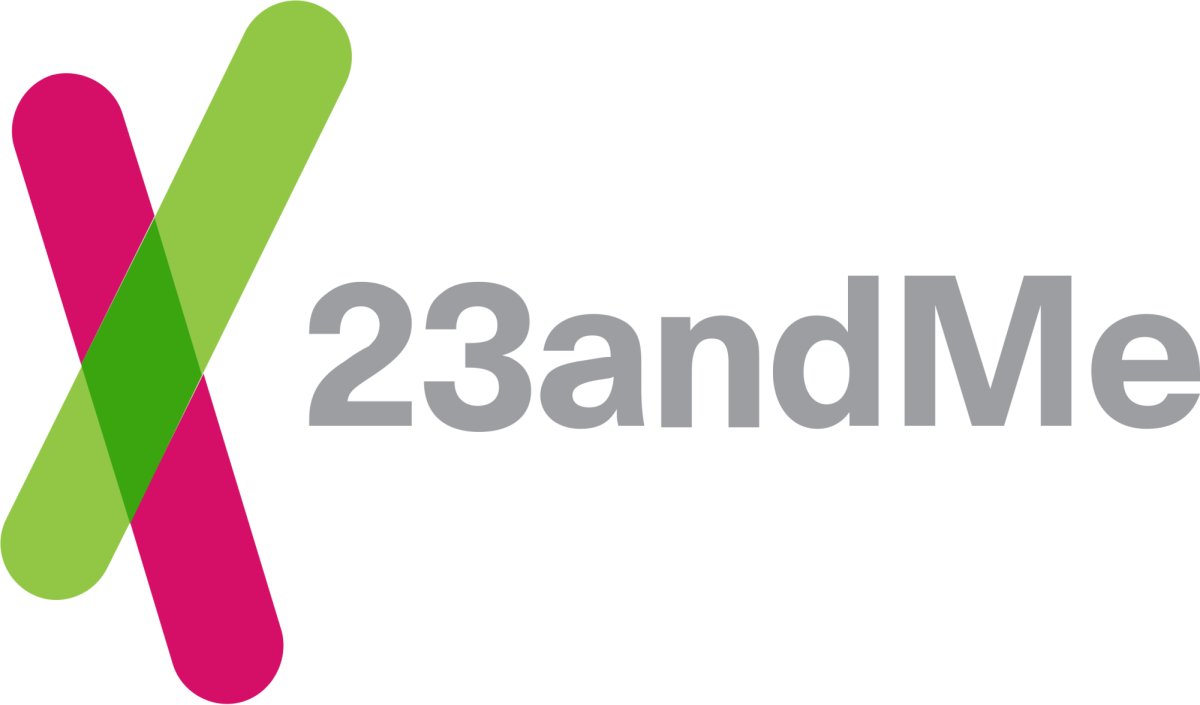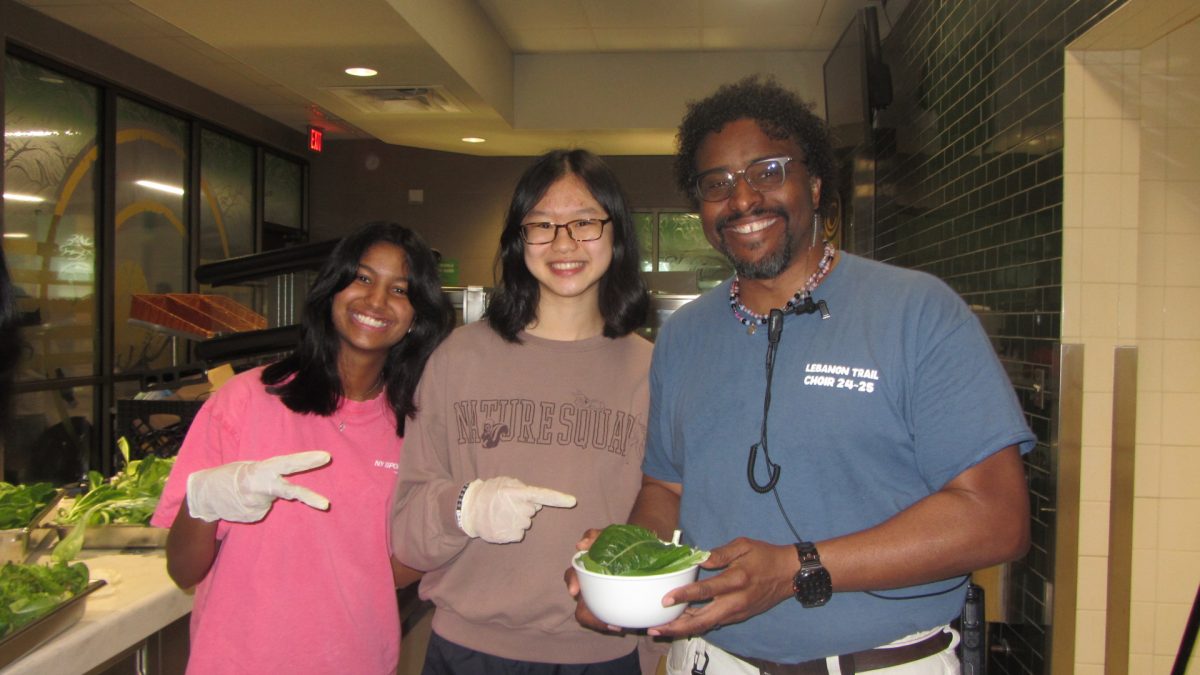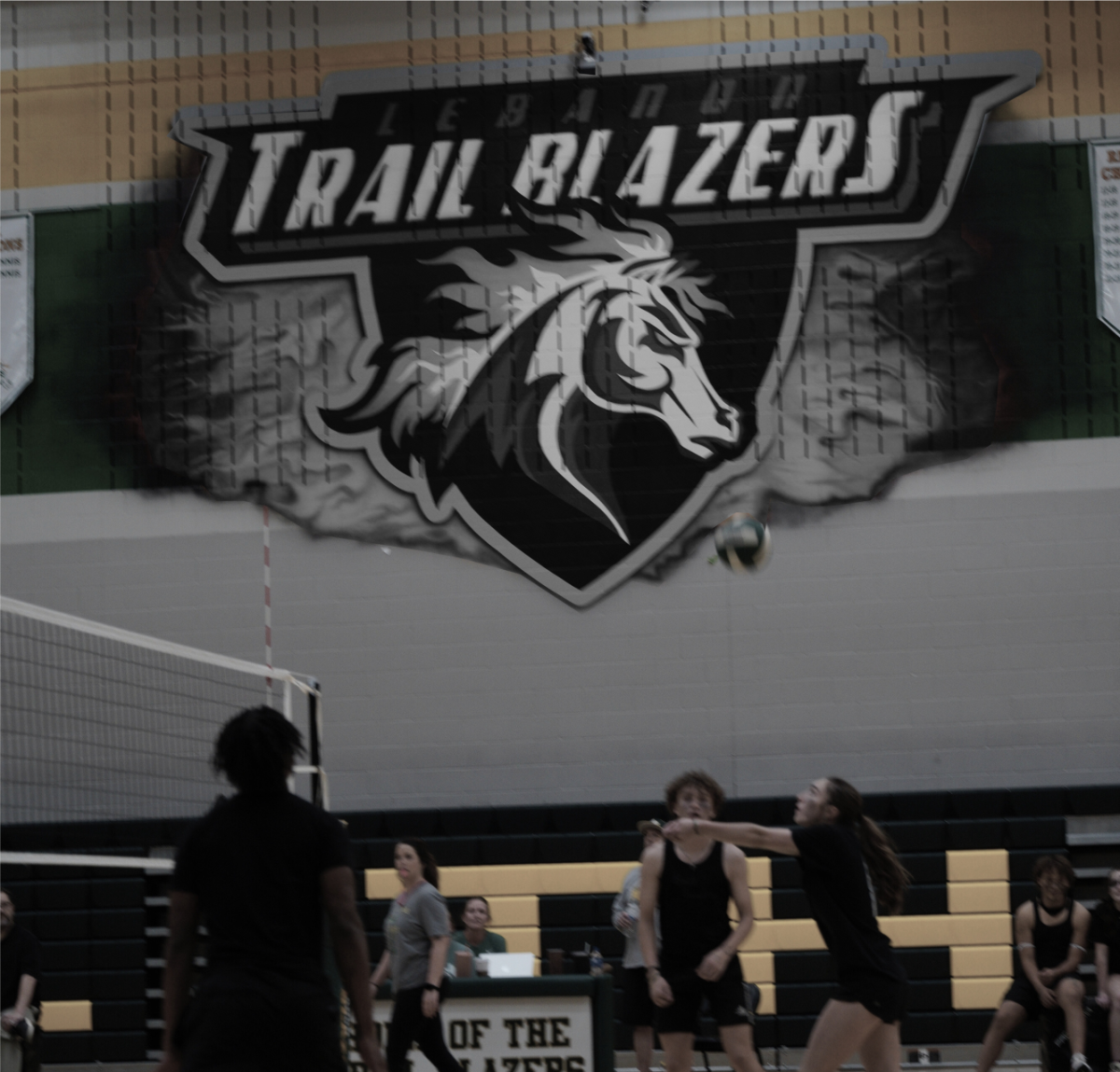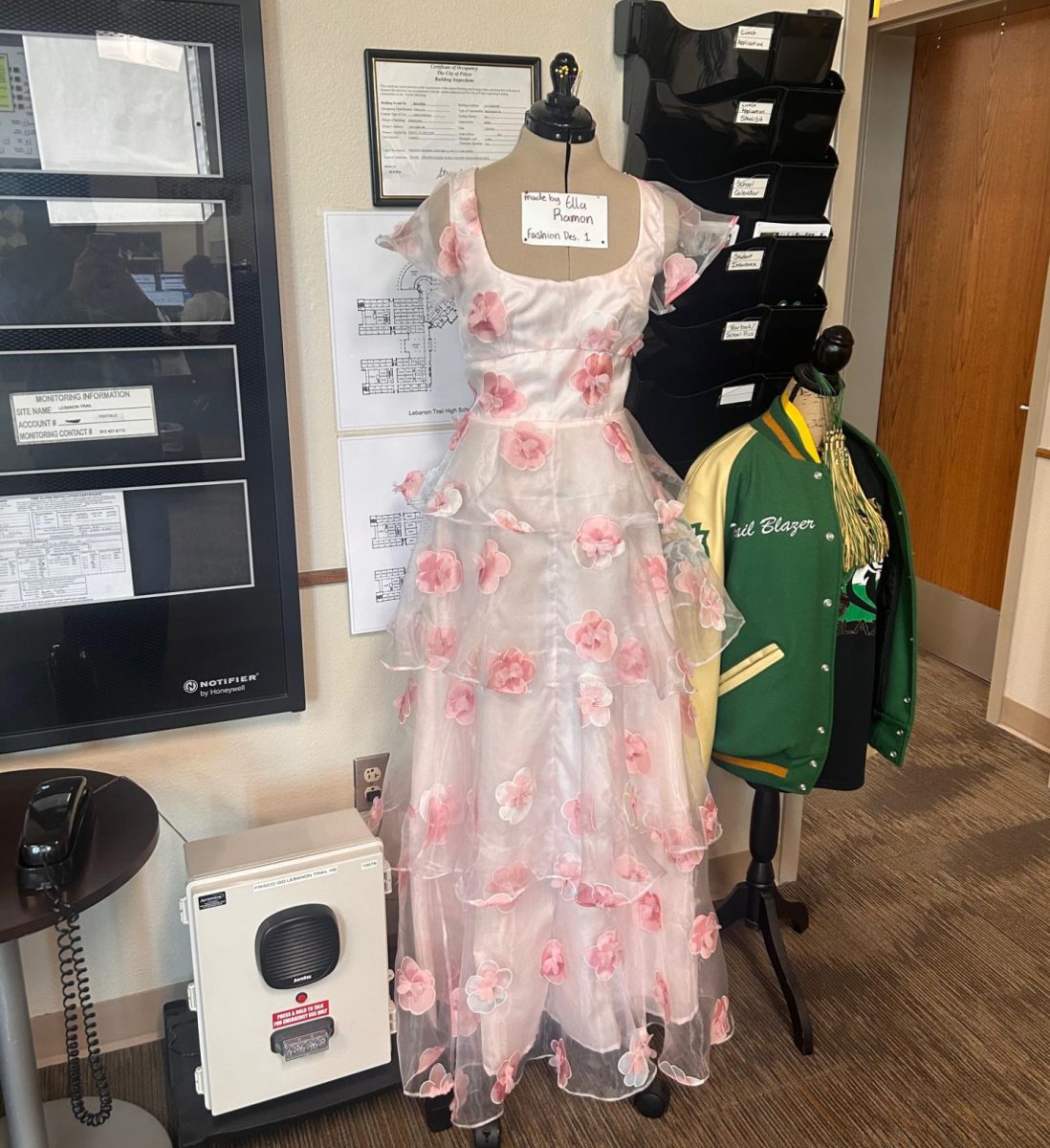Columbia University students recently displayed a public protest against the ongoing war between Israel and Palestine. This has spread protests to other campuses such as University of Southern California, University of Texas at Austin, and George Washington University. The current demonstrations are in support of Palestine, and against US aid for Israel.
In the New York Times article “The Ghost of the 1968 Anti-War Movement Has Returned”, author Charles M. Blow explains how current day protests sparks similarities with the 1968 anti-war movements. The 1960s were a hurting time for activism in the US. After all, President John F. Kennedy, Reverend Martin Luther King Jr, and Senator Robert F. Kennedy were assassinated not long before. In fact, next month marks the 54th anniversary since the National Guard was called to Kent State University after an anti-Vietnam protest spiraled out of control.
Columbia has a history of protests; Hamilton Hall tends to be their main location for these demonstrations. In 1968, some participated in one of the many anti-Vietnam protests. Then in 1984 during South Africa’s struggles against Apartheid, students gathered to exhibit their support for Nelson Mandela’s fight.
Needless to say it makes sense that Columbia started the cycle of these protests. Berkeley’s political science professor Omar Wasow explains protest movements as an “ovation model,” seeing them as contagious. So when a prestigious Ivy League such as Columbia engages in a protest, that is an ethical appeal for other colleges to do so as well.
Those with a negative viewpoint on these protests see them as a demonstration of anti-semitism. Jewish students across multiple campuses have expressed unsafe and attacked feelings. This brings up the question what is the difference between an anti-semitic compared to a pro-Palestine protest. After all, some protests originally started out peaceful, with others bringing in violence.
No matter what “side” a person is on, the campus protests have taken a violent turn even if they originated as something peaceful. The New York Police Department was called on Columbia protesters, the Los Angeles Police Department had to come to UCLA and USC.
After protests in Columbia, students involved were arrested. Editor-in-chief of the student newspaper Columbia Daily Spectator sees these arrests as a reason for students to continue their protests. There fight was originally for Palestine, but now it becomes even more personal.
In terms of Washington D.C’s reaction to these matters, President Joe Biden broke his silence saying, “Peaceful protest in America — violent protest is not protected; peaceful protest is,” Biden said. “It’s against the law when violence occurs.” Politically, individuals have been split on their opinions even amongst fellow party members; “But this isn’t a moment for politics. It’s a moment for clarity.”
Overall, it seems protests on the Israel/Palestine conflict at universities will be at the forefront of the media for the foreseeable short-term future.















